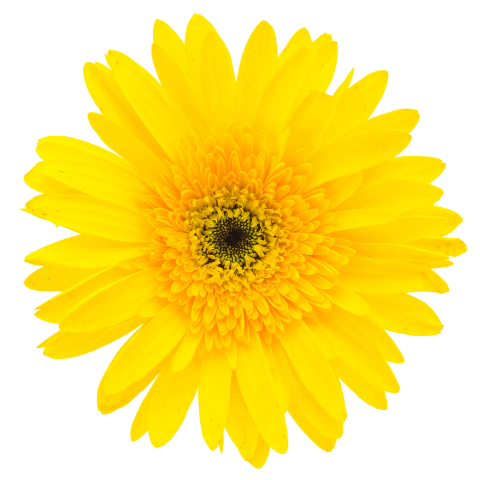
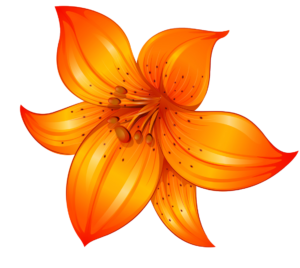
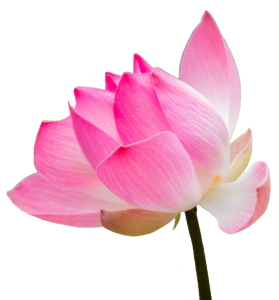

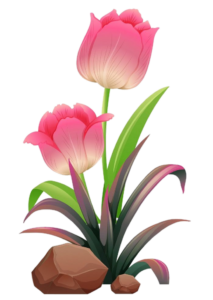
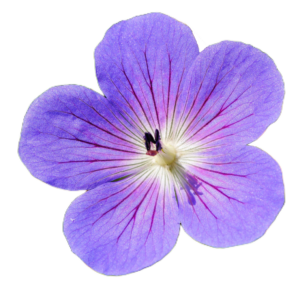
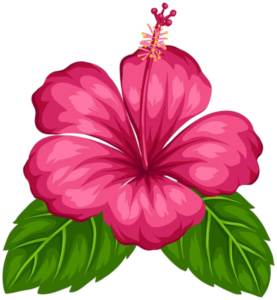
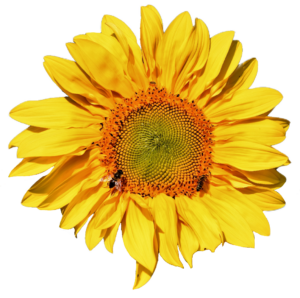


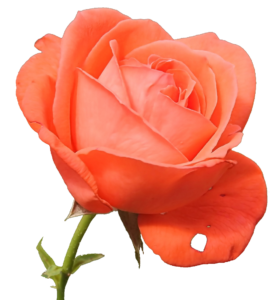

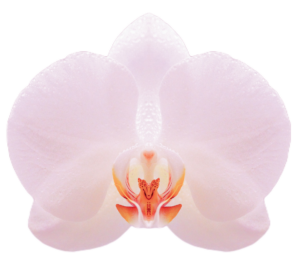


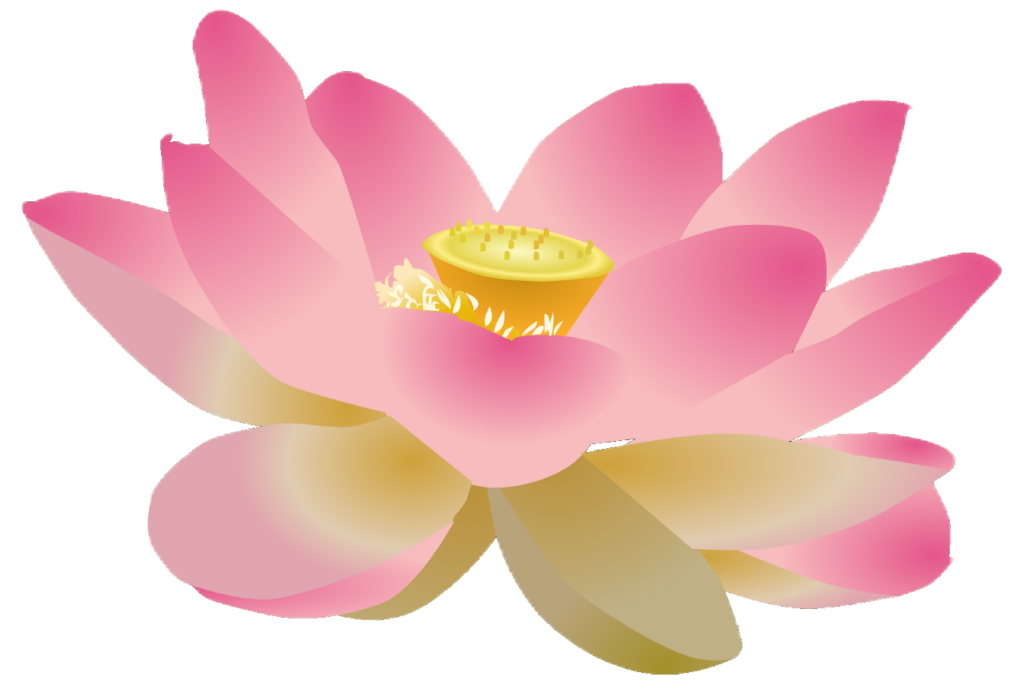


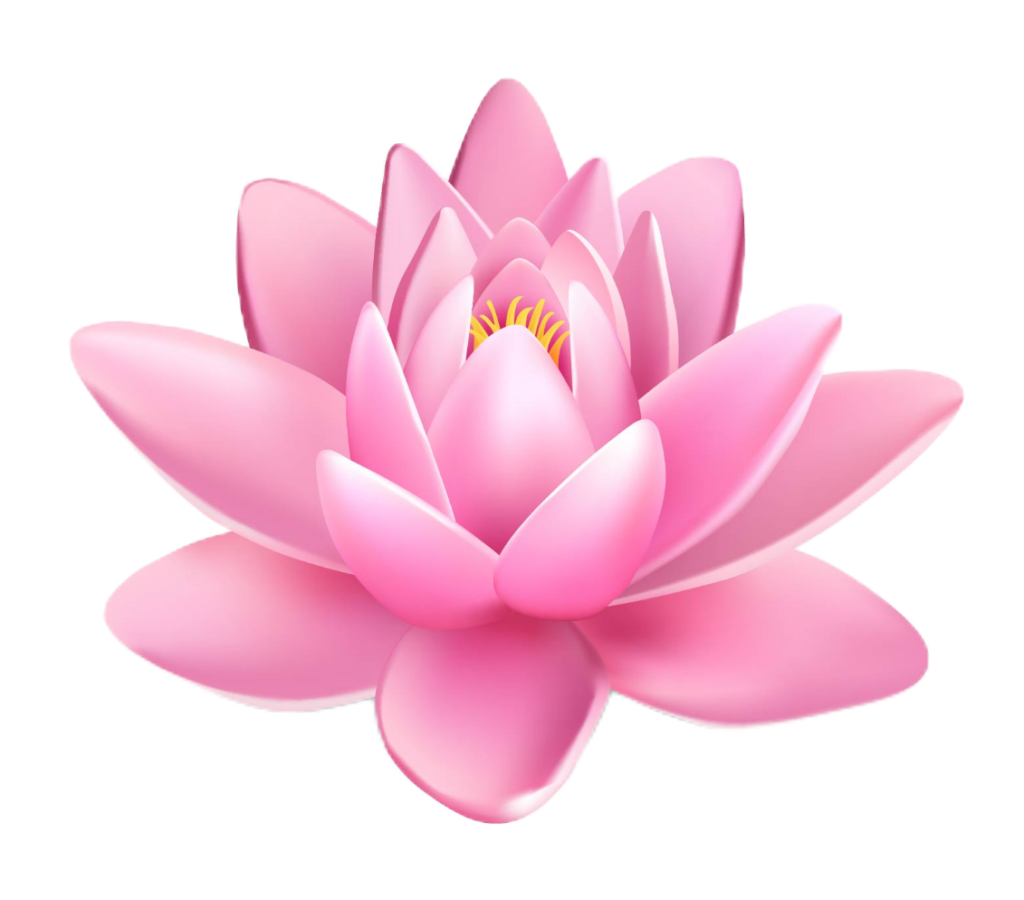
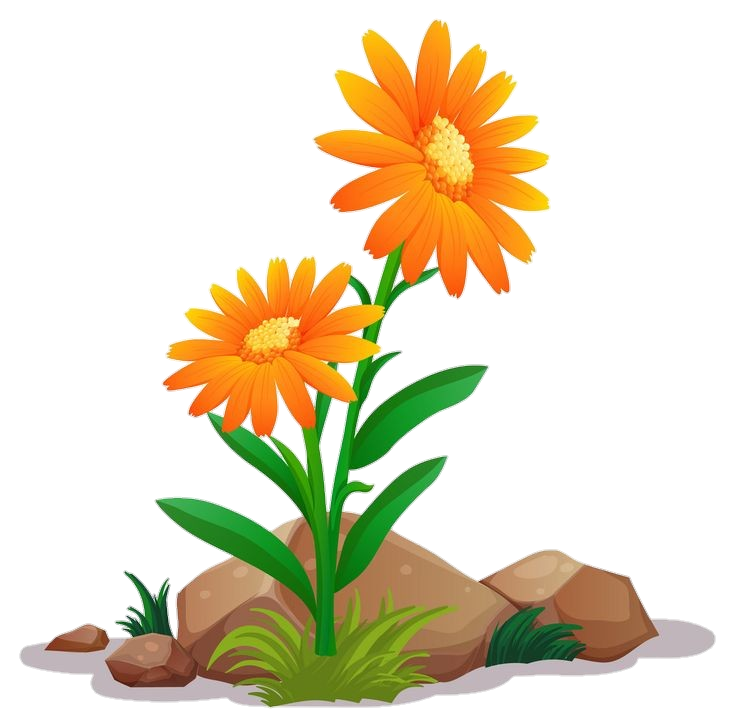
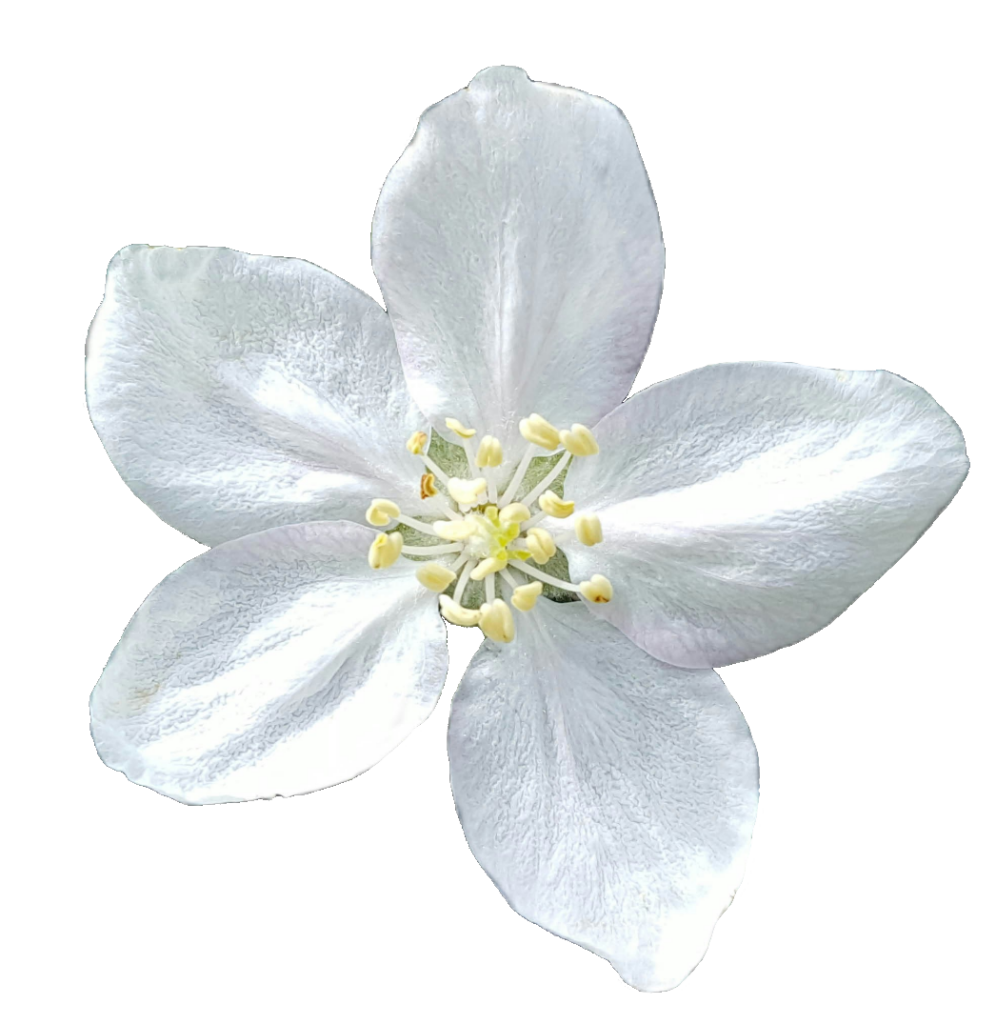
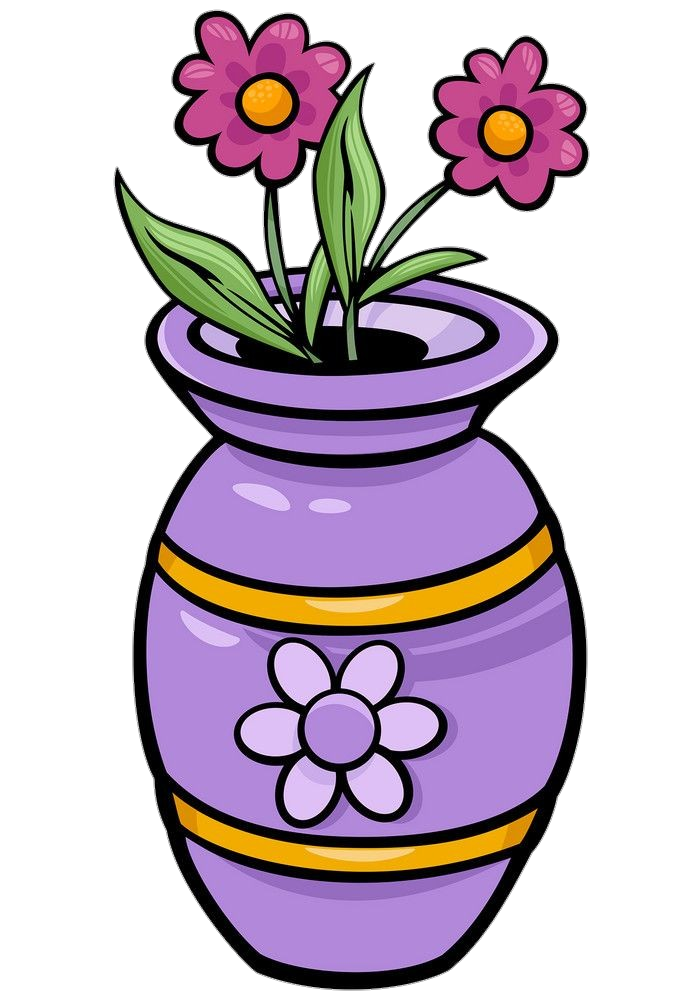
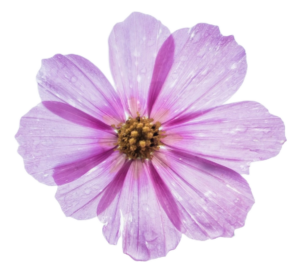


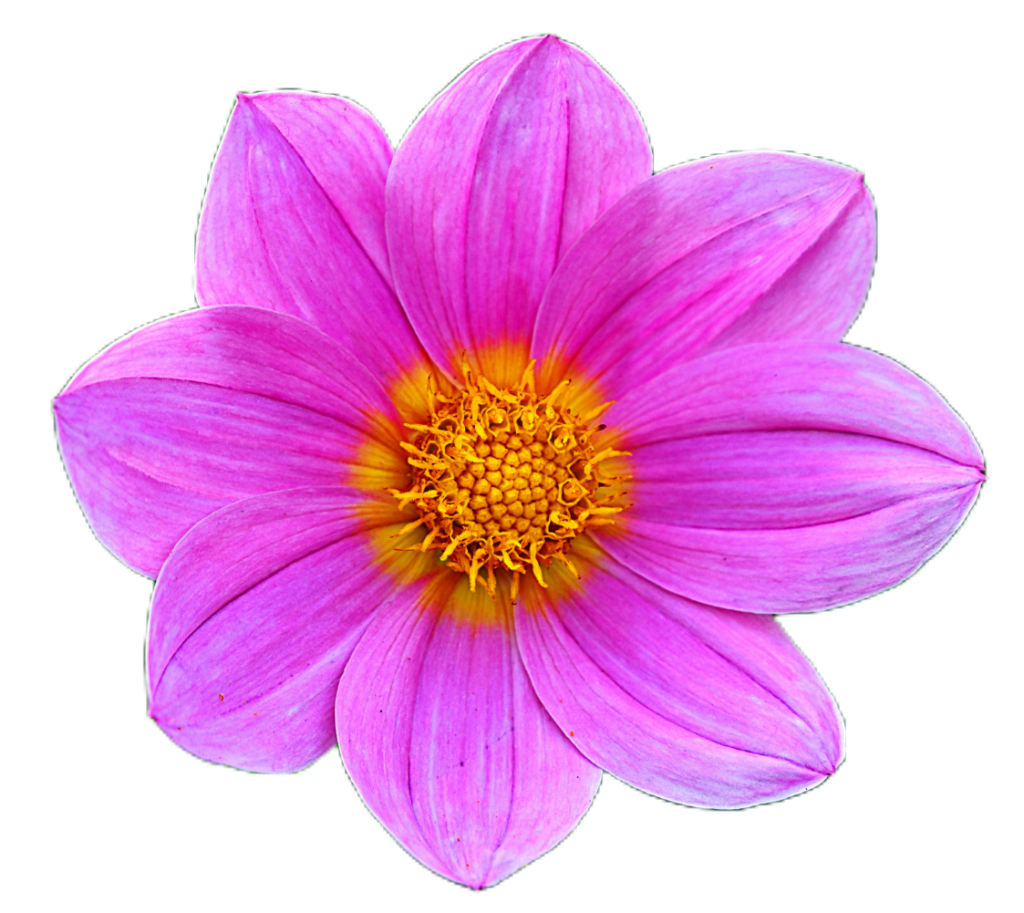
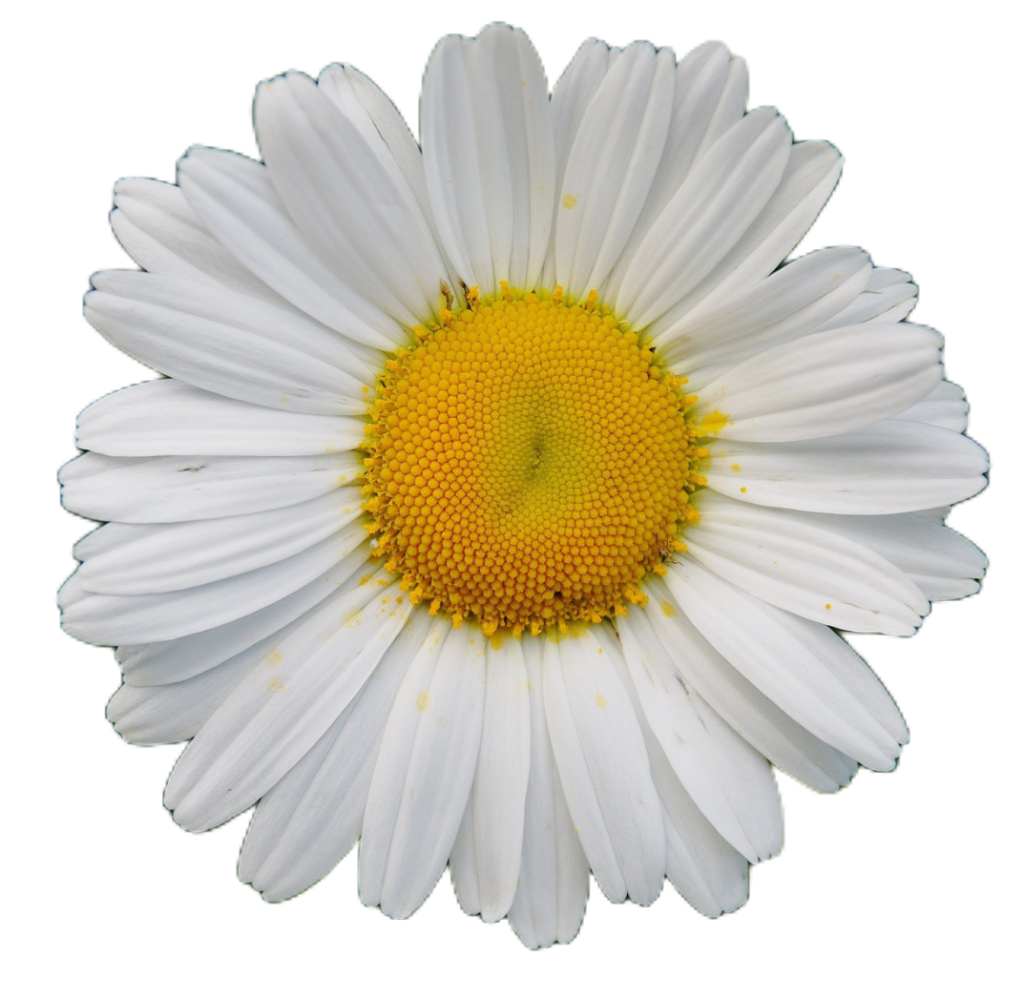
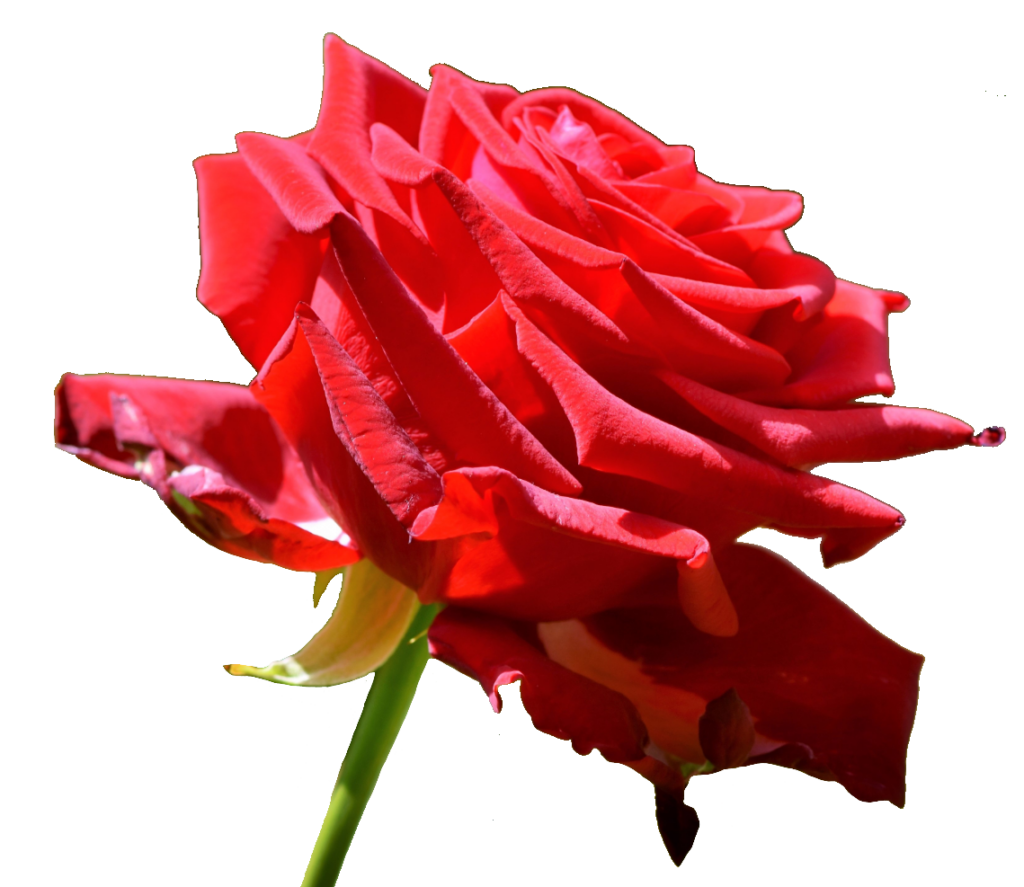


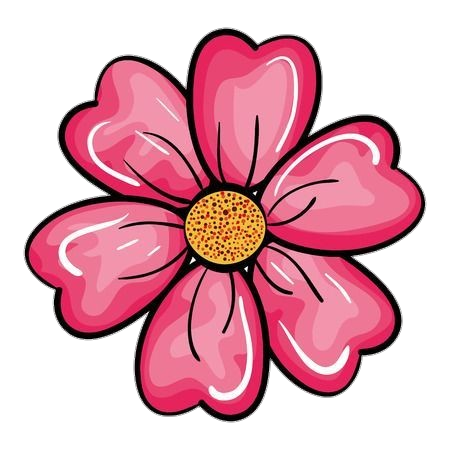









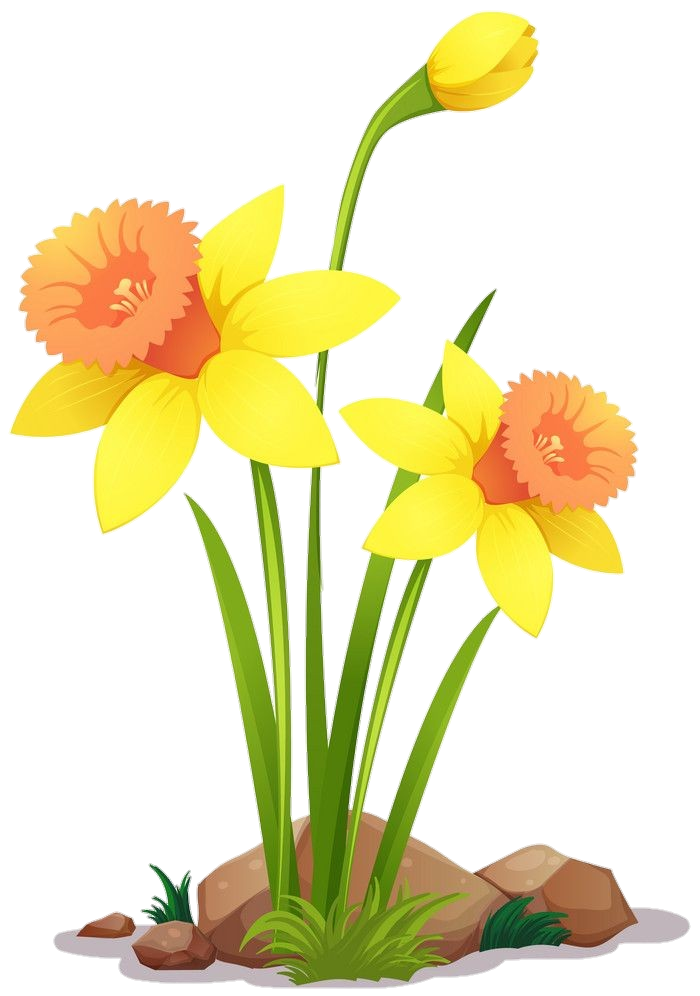
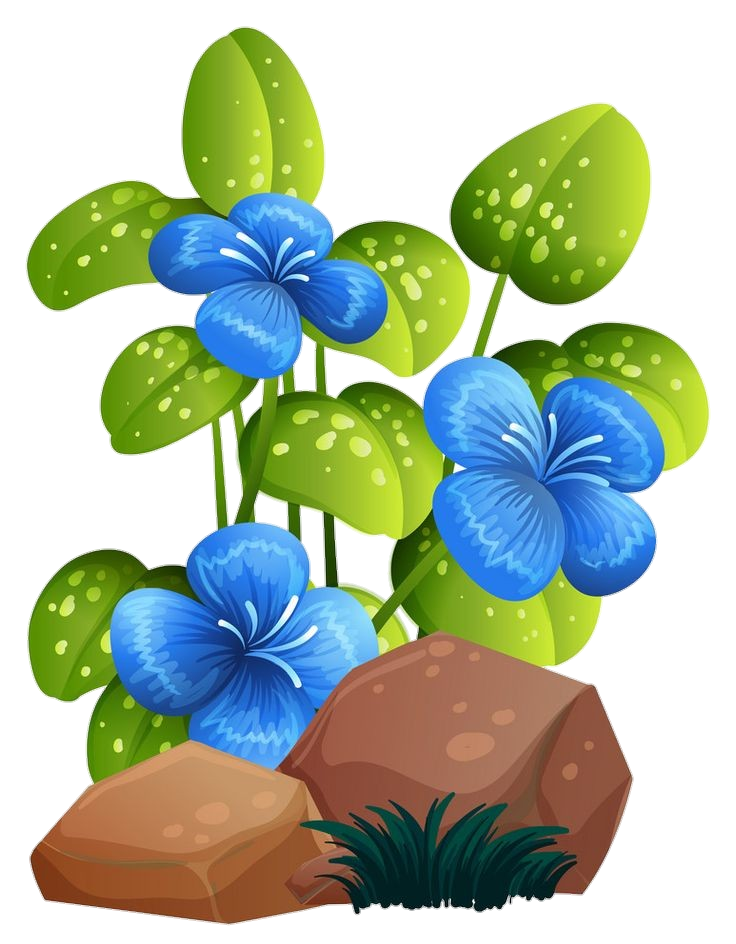


Flowers, those delicate and vibrant symbols of nature’s beauty, have held a special place in human culture and the natural world for centuries. They captivate our senses with their stunning colors, intricate structures, and enchanting fragrances. Flowers are not merely decorative elements; they play essential roles in the ecosystem, acting as pollinators and offering sustenance to various creatures. This essay will explore the multifaceted world of flowers, their cultural significance, their ecological importance, and how they evoke a sense of wonder.
The aesthetic beauty of flowers is undeniable. They come in a kaleidoscope of colors, from the fiery red of roses to the serene blue of forget-me-nots. The symmetry and intricate patterns in their petals, leaves, and stems are marvelous. Flowers have been a recurring motif in art and literature, symbolizing love, beauty, and fleeting moments. They decorate gardens, homes, and events, providing a visual feast for the beholder. Flowers’ capacity to invoke emotions and enhance our surroundings is a testament to their cultural significance.
Flowers have been an integral part of human culture throughout history. Different societies have ascribed various meanings to specific flowers. The rose, for example, is an emblem of love, while the lotus holds deep spiritual significance in many Eastern cultures. Flowers play a prominent role in various rituals, such as weddings, funerals, and religious ceremonies, symbolizing purity, love, and renewal. They are gifted on special occasions to express emotions and convey sentiments that words often fail to articulate. This cultural symbolism and tradition associated with flowers have deep-rooted connections to the human experience.
Beyond their cultural significance, flowers serve a critical ecological role in the natural world. Many flowers are pollinated by insects, birds, and other animals, facilitating the reproduction of plants. In return for their services, these pollinators receive nectar and pollen, which serve as food sources. This mutualistic relationship ensures the survival of both plants and their pollinators. Moreover, flowers contribute to biodiversity by offering shelter and sustenance to various insects, birds, and mammals. They are vital components of the food web and play a part in maintaining the balance of ecosystems.
The presence of flowers often elicits a sense of wonder and serenity. Their delicate nature and ephemeral lifespan remind us of the fleeting beauty of life and the importance of appreciating the present moment. Flowers in full bloom, or even a single flower in solitude, can inspire creativity, tranquility, and contemplation. Whether in a bustling city or a remote wilderness, the sight of a blooming flower can connect with nature and instill a sense of awe in those who take a moment to admire it.
